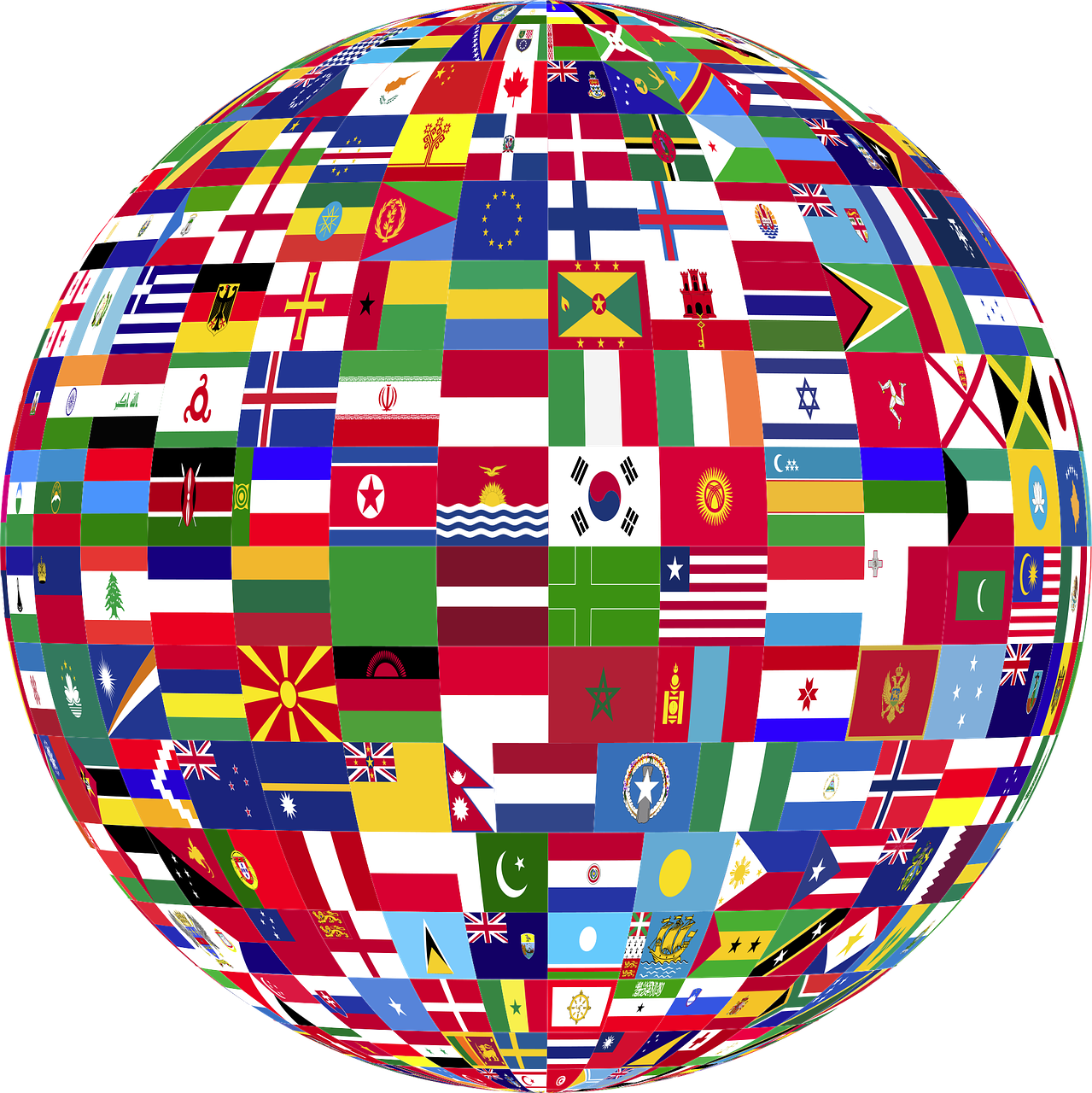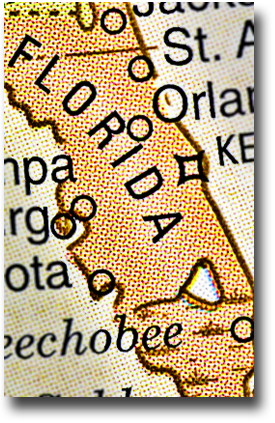Finding My Balance During Ramadan
The Muslim holy month of Ramadan is observed by more than 1.9 billion people around the world. During this month, practicing Muslims fast from dawn until dusk (including abstinence from water), and engage in additional acts of worship, particularly prayer and remembrance, known as “dhikr,” and increased charity and generosity. It is a joyous month meant to be shared and celebrated with loved ones.
As an immigration attorney, the month of Ramadan for me is much more than just abstinence from food and water. It is a time to reflect on one’s purpose and service, professionally and personally. During the other 11 months of the year, I have a fast-paced life as a single, working mother, but as the month of Ramadan begins, I am humbled and appreciate those things in my life that I tend to forget or have taken for granted. This month affords me the opportunity to reflect on my privileged position of being an attorney and how being in such a position allows me to assist those in need of my skills and knowledge. The undertaking of Ramadan as a practicing attorney comes with interesting challenges, but ultimately, it is a rewarding endeavor in accordance with my faith.
The practice of fasting is intended to be a reminder of human frailty and dependence on God for sustenance. It is to reduce the distractions of life and to allow time to focus on one’s relationship with God. It is intended to encourage empathy for and charity to the less fortunate. This intention is also the basis of why I am an attorney, to be the voice for my clients and to ensure that everyone has access to justice. This practice of fasting becomes a point of reflection on the contributions that I can make by virtue of my special knowledge and role to further such causes.
This privilege comes with commitments and responsibilities to our clients and to the courts. Ramadan reminds me to bring a God-centered approach to my actions, whether it be fasting, praying, interacting with family and friends or attending to my professional obligations. It boils down to one reason: doing my job to the very best of my abilities and being present to serve others. This reason, purpose, and focus helps me be more attentive to the task at hand and relatively more productive during the month of Ramadan.
My religion and my profession both emphasize the importance of having high morals and ethics. Ramadan serves as reminder of my obligation to be ethical, not just in my personal life, but also in my professional efforts.
The diversity in the U.S. legal profession allows for those with religious beliefs to practice in ways that not only enrich ourselves as humans but also how we practice as attorneys. It is about balance, finding the balance that works for me, the balance that provides me with the space for my spiritual connection and professional progression.
***
To my fellow AILA members: finding balance and time to focus on your own wellbeing is hard. AILA’s Lawyer Well-being Committee is working on a host of new resources that will launch during our well-being week in early May to add to our existing set of FREE resources already available on aila.org.






